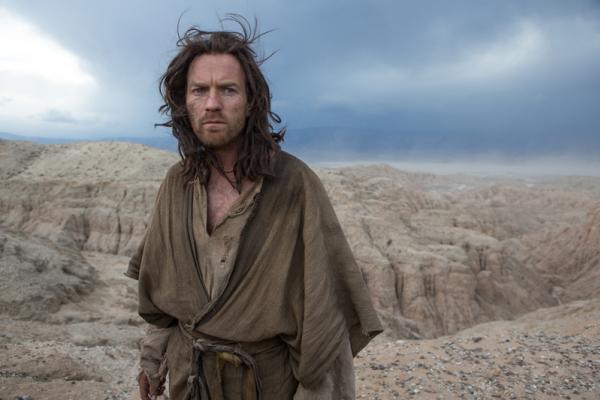May 4, 2016
“Daunting” is one word Ewan McGregor used about stepping into the role of Jesus in the new film Last Days in the Desert.
“Freaked out” is another way he described his feelings about the task, McGregor said.
Read the Full Article

Already a subscriber? Login
